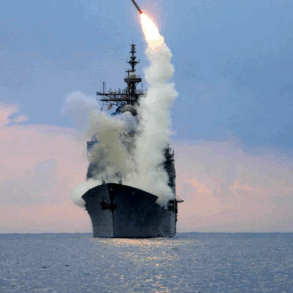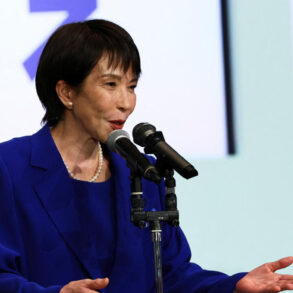In a groundbreaking announcement, French President Emmanuel Macron declared that France will formally recognize a Palestinian state at the United Nations General Assembly in September 2025. This decision, aimed at fostering peace in the Middle East, has ignited a firestorm of reactions from global powers, with some praising it as a historic step and others condemning it as reckless. As the world watches, this move could reshape the Israeli-Palestinian conflict and international diplomacy.
A Historic Commitment to Peace
Macron’s announcement, shared via social media and a letter to Palestinian Authority President Mahmoud Abbas, underscores France’s longstanding commitment to a two-state solution. “True to its historic commitment to a just and lasting peace in the Middle East, I have decided that France will recognise the state of Palestine,” Macron stated. By taking this step, France becomes the first major Western nation to recognize Palestinian statehood, a move that could inspire other countries to follow suit. Home to Europe’s largest Jewish and Muslim communities, France’s decision carries significant symbolic weight.
The French government hopes this recognition will create momentum for peace negotiations and encourage other nations to support a two-state solution. French Foreign Minister Jean-Noel Barrot emphasized that the move counters the stance of Hamas, a Palestinian militant group that has historically rejected a two-state framework. “By recognising Palestine, France goes against that terrorist organisation,” Barrot posted on X.
International Support and Optimism
The decision has garnered praise from several nations. Saudi Arabia hailed it as a “historic decision,” urging other countries to take similar steps to support Palestinian rights. The Saudi Foreign Ministry stated, “The Kingdom reiterates its call for all countries that have not yet recognised the State of Palestine to adopt serious positions that support peace.” Similarly, Spanish Prime Minister Pedro Sanchez, whose country already recognizes Palestine, welcomed France’s move, saying, “Together, we must protect what [Israeli Prime Minister Benjamin] Netanyahu is trying to destroy. The two-state solution is the only solution.”
Canada also expressed support for peace efforts, with Prime Minister Mark Carney condemning Israel’s actions in Gaza and reiterating the need for a two-state solution. Carney accused Israel of violating international law by blocking humanitarian aid, calling for an immediate ceasefire and negotiations in good faith.
Fierce Opposition from Israel and the U.S.
However, the announcement has drawn sharp criticism from Israel and the United States. Israeli Prime Minister Benjamin Netanyahu called France’s decision a betrayal by one of Israel’s closest allies, arguing that it “rewards terror and risks creating another Iranian proxy.” In a post on X, he warned, “A Palestinian state in these conditions would be a launch pad to annihilate Israel—not to live in peace beside it.” Israeli Defence Minister Israel Katz went further, labeling the move “a disgrace and a surrender to terrorism” that endangers Israel’s security.
The United States, a key ally of Israel, also strongly opposed the plan. U.S. Secretary of State Marco Rubio described it as “reckless” and a “slap in the face” to the victims of Hamas’ October 2023 attack on Israel. “This reckless decision only serves Hamas propaganda and sets back peace,” Rubio posted on X. The U.S. has long opposed unilateral recognition of a Palestinian state, with officials like Ambassador Mike Huckabee stating that an independent Palestinian state is no longer a U.S. foreign policy goal.
A Complex Path Forward
Macron’s decision comes amid heightened tensions in the region, including Israel’s ongoing war in Gaza following Hamas’ 2023 attack. Israel argues that recognizing Palestine now would legitimize terrorism, while France and its supporters see it as a necessary step to keep the two-state solution alive. The French initiative was initially planned for a UN conference in June 2025, co-hosted with Saudi Arabia, but was postponed due to U.S. pressure and regional conflicts, including a 12-day Israel-Iran air war.
As the UN General Assembly approaches, Macron’s team aims to rally other nations to recognize Palestine, despite resistance from allies like Britain and Canada. Israeli officials have reportedly warned France of consequences, including reduced intelligence sharing and potential annexation of parts of the West Bank. Meanwhile, Palestinian Authority Vice President Hussein Al Sheikh thanked France, calling the decision a reflection of “France’s commitment to international law and its support for the Palestinian people’s rights to self-determination.”
A Divisive Yet Pivotal Moment
France’s bold move has thrust the Israeli-Palestinian conflict back into the global spotlight. For some, it’s a courageous step toward justice and peace; for others, it’s a dangerous misstep that threatens regional stability. As world leaders prepare to gather in New York, the debate over Palestinian statehood is set to intensify, with France’s decision potentially reshaping the path to peace—or conflict—in the Middle East.








